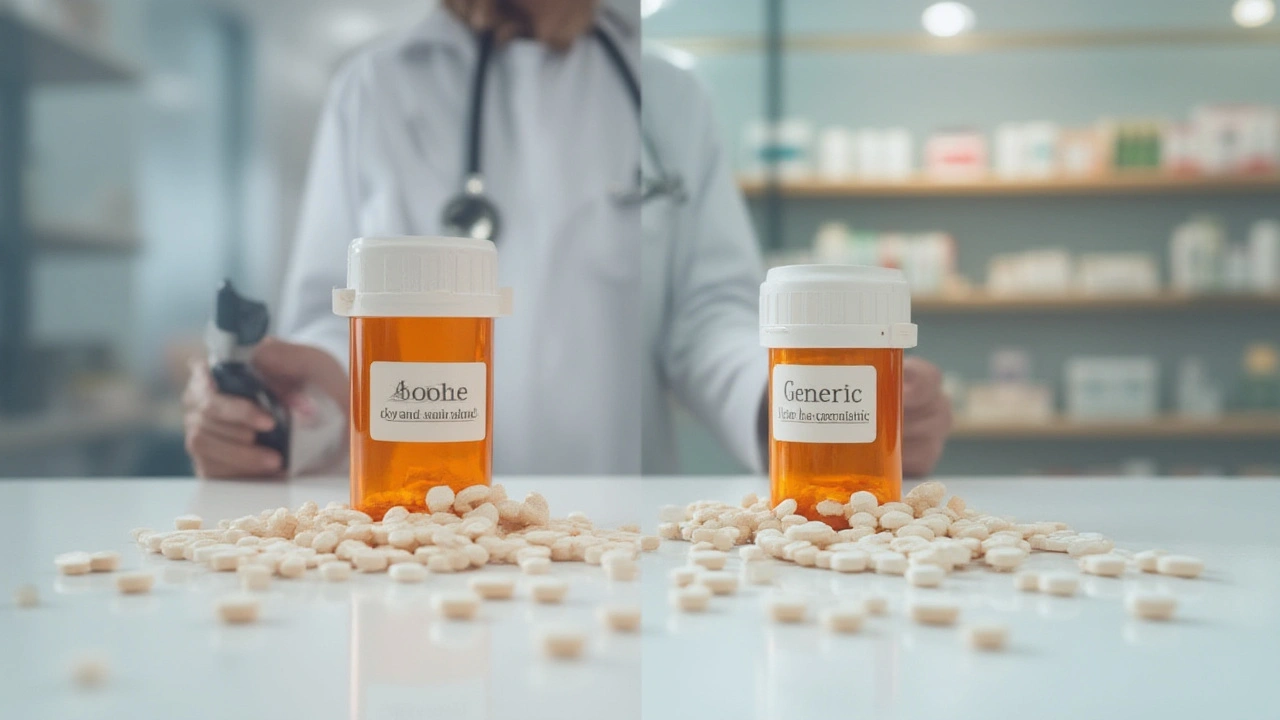Understanding Drug Differences: What Makes Medications Work Differently
Ever wondered why some medications work wonders for one person but barely make a dent for another? That’s the heart of drug differences. Basically, not all drugs affect everyone the same way—thanks to a mix of factors like genetics, bacteria resistance, and how your body processes medicines.
One big culprit here is antibiotic resistance. When bacteria get tough against antibiotics, the usual treatments stop working like before. This resistance makes infections harder to beat and can seriously mess with health plans. It shows why taking medications exactly as prescribed is key—not skipping doses or sharing medicines because that fuels resistance further.
How Your DNA Influences Medicine
Then there's pharmacogenetics—a fancy word that means your DNA can shape how you respond to drugs. Imagine two people taking the same medicine; one might feel relief fast, while the other could see zero effect or nasty side effects. That’s because genetic differences change how drugs get absorbed, used, or broken down in the body. Doctors and scientists are using this info to craft personalized medicine, tailoring prescriptions to your unique genetic makeup for better results.
This approach isn’t just for future tech. It's happening now, helping patients avoid trial-and-error treatments and annoying side effects. Genetic testing is becoming a tool to guide which drugs and doses make sense for you personally.
Why Understanding Drug Differences Matters
Knowing these differences can save you a lot of trouble. For example, if you’re prescribed antibiotics, understanding the risk of resistance highlights why finishing your course matters. If you explore options with your doctor about genetic testing, you might get medicines that fit you better right from the start.
Also, being aware of drug differences encourages us to look beyond just one-size-fits-all medicine. It pushes for smarter, more effective treatments and reminds us to use antibiotics and other drugs responsibly.
Bottom line: drugs aren’t all the same for everyone. Things like bacteria resistance and your unique genes play big roles. Staying informed and working closely with healthcare providers can help you get the best out of your treatments.
1
Brand-Name vs. Generic Drugs: What Patients Really Need to Know
Learn the real differences between brand-name and generic drugs, how they’re tested, which is better for your wallet, and get practical tips for picking the best medication.
Latest Posts
Popular Posts
-
 Brad Anderson's Dark Underbelly of Normalcy: Film Analysis
Brad Anderson's Dark Underbelly of Normalcy: Film Analysis
-
 Villains in Action Cinema: Why Antagonists Define the Thrill
Villains in Action Cinema: Why Antagonists Define the Thrill
-
 Black Phone 2 Puts Blumhouse Back on Top of the Box Office
Black Phone 2 Puts Blumhouse Back on Top of the Box Office
-
 Best New Shows and Movies on Netflix This Week
Best New Shows and Movies on Netflix This Week
-
 Accessibility Settings for Streaming: Captions, Audio Descriptions, and Remotes
Accessibility Settings for Streaming: Captions, Audio Descriptions, and Remotes
Categories
Tags
- streaming services
- video editing
- video production
- parental controls
- Max streaming
- video editing software
- marketing mix
- subscription management
- streaming apps
- video editing tips
- tips
- ROI
- video marketing
- video editing tools
- marketing strategy
- Premiere Pro
- family viewing
- classic cinema
- Kurosawa
- streaming setup



